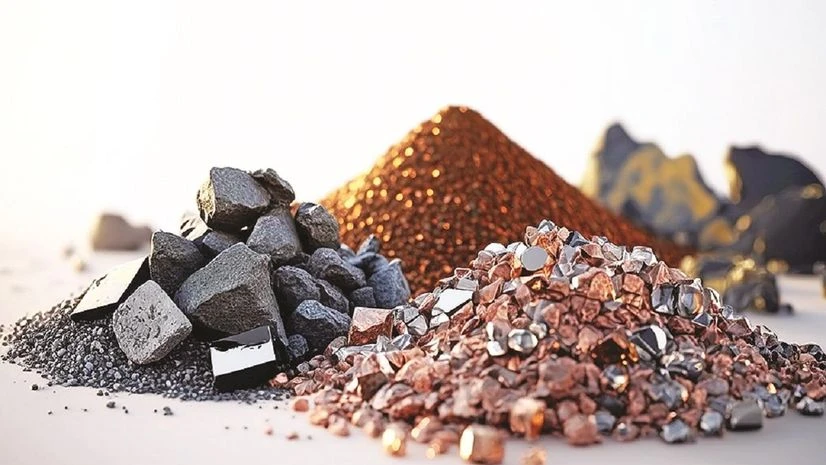After initiating the first auction process for critical minerals nationwide, the Ministry of Mines has turned its focus towards refining the methodology for determining the average sale price (ASP) of critical and strategic minerals.
The ministry is aiming to standardise and streamline the ASP calculation method for a range of strategic minerals, including beryllium, cadmium, gallium, indium, rhenium, selenium, tantalum, tellurium, titanium, tungsten, and vanadium.
The government had previously streamlined royalty rates and determined the ASP for minerals like glauconite, lithium, molybdenum, niobium, platinum group metals, potash, and rare-earth elements.
India’s major exploration agencies — Geological Survey of India and Mineral Exploration and Consultancy — have handed over the exploration report of some of these minerals. To auction these blocks, the methodology for calculation of the ASP of these minerals is required to be specified as ASP forms the basis of determining bid parameters and auction premium.
The Indian Bureau of Mines will determine the ASP of these strategic minerals by referencing prices from reliable sources like the United States Geological Survey or similar reputable publications, a ministry notification said.
Also Read
The proposed amendments in Rule 45 of the Minerals (Other than Atomic and Hydro Carbons Energy Minerals) Concession Rules, 2016, aim to provide a methodology for calculating the ASP for all 24 critical and strategic minerals.
Comments and suggestions have been requested by the government from diverse stakeholders regarding the draft amendment rules until December 31.
The government on November 29 initiated the process to auction the first tranche of Rs 45,000 crore worth of 20 blocks of critical and strategic minerals. The exploration agencies are also engaged in the exploration of other critical minerals.

)
